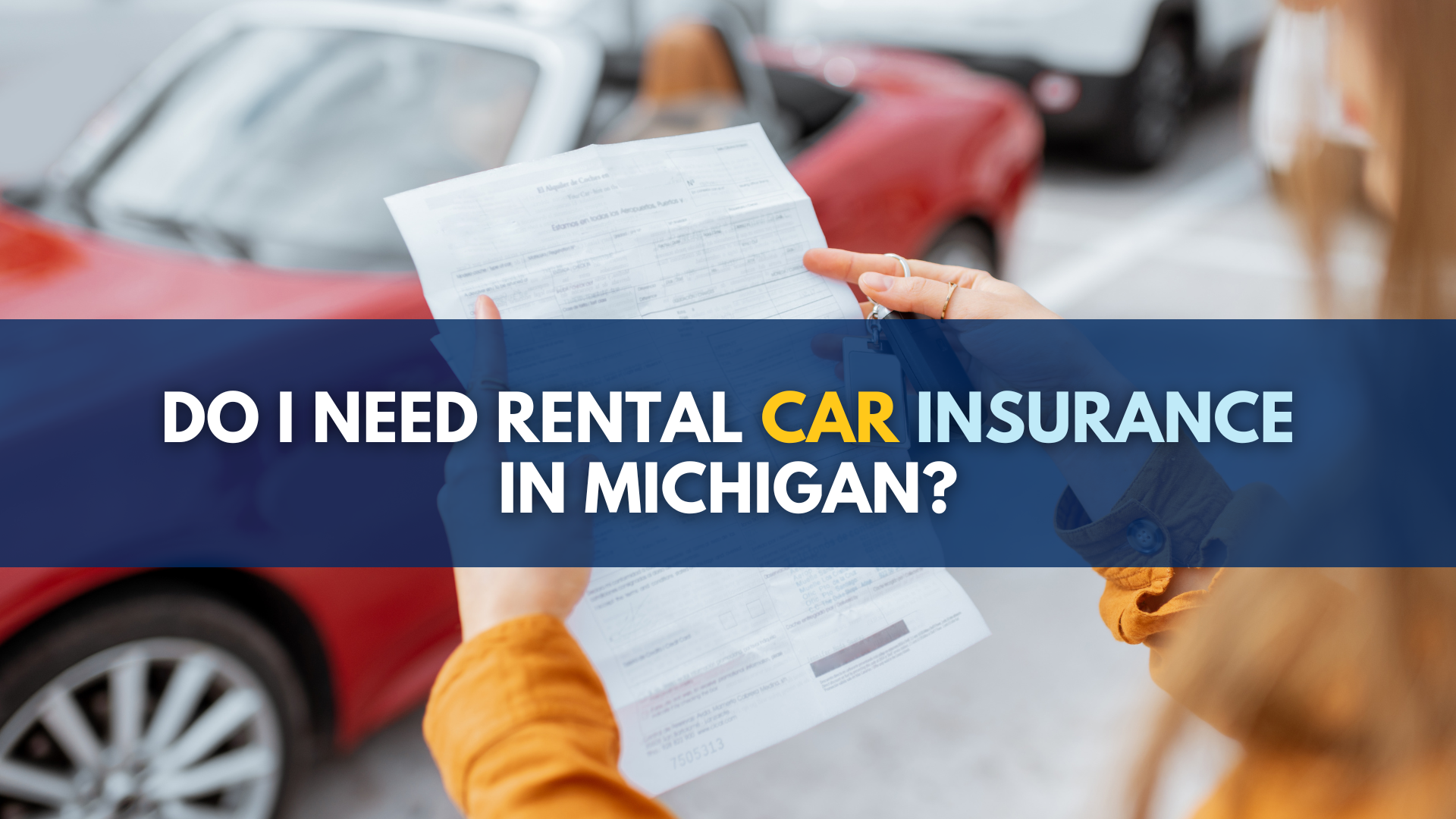
Dirty insurance company settlement tactics are used every day to trick car accident victims into “settling” injury claims for pennies on the dollar. But once your case is “settled,” it’ll be too late to show the “settlement” was inadequate and only pays a small fraction of your medical bills and economic loss.
The turmoil of a serious injury car accident can easily upend people’s lives. It is common for people to feel desperate as medical bills pile up. People don’t know if and when they will be able to return to work. They don’t know how they’re going to support their families.
Auto insurance companies count on this desperation. In fact, they deliberately exploit it.
The best way to protect yourself from these dirty car insurance company settlement tactics is to talk with an experienced car accident lawyer BEFORE you sign any releases from an adjuster. Remember, almost all car accident injury lawyers will not charge you money for an initial consultation – and you should steer clear of any lawyer who would want to charge you for a phone call. If a settlement offer is inadequate or too low, or if a settlement offer would also take away important legal rights and future claims that you may not even yet know about, an experienced injury attorney can protect you.
When an auto insurance provider sends you paperwork to fill out, be especially wary of any paperwork that has the word “Release” in it. Other wording that should set off alarm bells includes any document or paperwork sent to you that includes these terms: “Full and Final,”“Final Payment,” “Full and final settlement of PIP claim” “Final Settlement of Any & All Claims” and “Release of All Claims, Known or Unknown.”
Do you need help after a car accident? Call Michigan Auto Law now
If you or a loved one was injured in a car accident, call us toll free anytime 24/7 at (800) 968-1001 for a free consultation with our experienced auto accident attorneys. You call also e-mail us by visiting our contact page or chat with us on our website. Michigan Auto Law can help protect you.
How do these dirty insurance company settlement tactics work?
Here’s how the dirty insurance company settlement tactics can often work:
- The auto insurance provider sends the victim a check that at first appears to be nothing more than a “routine” insurance payment that the victim may already be expecting. IMPORTANT: This check may not have been requested by the victim and it may be coming in the mail from “out of the blue” from the accident victim’s perspective.
- First Rule of Dirty Tricks: Always Be Wary of Insurance Companies Willingly Offering to Pay Money.
- The amount on the check (or discussed in the release or in paperwork accompanying the check) is vastly less than the total worth of the victim’s car accident-related claims.
- The check or the release or the paperwork accompanying the check includes any of the following language (or variations thereon): “Full and final payment”; “Full and final settlement of PIP claim”; “Final Settlement of Any & All Claims”; or “Release of All Claims.”
- Without suspecting any ill intent on the company’s part, the victim cashes the check (and/or signs the release).
- Because of the language on the check (or in the release or in the paperwork accompanying the check), the car accident victim has unwittingly “settled” all of his or her claims with the auto insurance provider.
As a result of settling these claims, the accident victim has permanently waived all of his or her legal rights. This can include the ability to recover auto No-Fault insurance benefits (for medical bills and lost wages) and pain and suffering compensation for injuries sustained from the car accident.
Examples of dirty insurance company settlement tactics
Our attorneys at Michigan Auto Law have seen these dirty insurance company settlement tactics take many forms. Examples of these dirty tricks include:
- Shortly after you were injured in a car accident, a check shows up from the auto insurance provider for the at-fault driver. There’s not much detail about the purpose of the check, except that the check reads “Final Settlement of Any & All Claims Due to Loss On” the date of your accident.
- You’re working with your auto insurance adjuster to get reimbursed for the wages you’re losing because your accident-related injuries have prevented you from returning to work. You think things are going well. Then, a check arrives for a No-Fault “wage loss” payment. But the check (and/or an accompanying release or the paperwork accompanying the check) describes the payment as “Full and Final Settlement of PIP Claim.”
- The auto insurance provider of the at-fault driver agrees to settle your mini tort claim for your vehicle damage repair costs. But the mini tort settlement check (or accompanying release or paperwork) that’s sent to you includes the following or similar language: “Full and final payment of all claims.”
Under any of these dirty insurance company settlement tactics examples, if the check is cashed and/or if the release is signed, then the car accident victim who did so is now at substantial risk of forever losing all legal rights to seek payment from the auto insurance provider for No-Fault benefits to cover medical bills and lost wages and for his or her injuries and pain and suffering compensation.
Additionally, a car accident victim also risks losing his or her “underinsured motorist coverage.” Most UIM policies require car accident victims to first obtain the UIM insurer’s written consent to a settlement before you can accept a settlement check for an at-fault driver who caused your car accident. Failure to obtain this required consent will void the UIM policy’s coverage. That means that a car accident victim will lose the right to collect additional pain and suffering compensation from his or her UIM policy.
Language used in dirty insurance company settlement tactics
If you see any of the following language – or language similar to it – on a check, in a release from the auto insurance provider or in the paperwork accompanying a check, then you may be the target of dirty insurance company settlement tactics – and, under no circumstances, should you cash a settlement check or sign any release UNTIL YOU HAVE TALKED TO A LAWYER FIRST. These are just some examples:
- “Full and final payment”
- “Full and final settlement of PIP claim”
- “Final Settlement of Any & All Claims”
- “Release of All Claims”
It’s fine to sign such a letter if you have been properly advised and if you knowingly and willingly choose to give up future legal claims to make a reasonable settlement. But insurance companies count on people not talking to a lawyer and signing such paperwork without fully understanding what legal rights they are giving up. These dirty insurance company settlement tactics prey on an asymmetry of information and often desperation on the part of the injured.
Releases often will read like this:
- “The undersigned hereby acknowledges the receipt of payment of [dollar amount] . . . and in consideration of the payment of [dollar amount] agrees to release and discharge [the No-Fault insurance provider, the insurance provider for the at-fault driver and/or the at-fault driver, personally] from any and all consequences, claims, losses and damages that may be related to the above described accident as they may now appear or as they may appear any time in the future.”
- The undersigned agrees to “release, acquit and fully discharge [the No-Fault insurance provider, the insurance provider for the at-fault driver and/or the at-fault driver, personally] . . . from any and all claims, actions, causes of action, demands, rights, damages, costs, loss of service, expenses and compensation whatsoever, which [exist or] . . . may hereafter accrue on account of or in any way growing out of any and all known and unknown, foreseen and unforeseen bodily and personal injuries and the consequence thereof resulting or to result from the accident, casualty, or event which occurred on or about the Sat, 16 Sep 2023 21:02:52 +0000.”
How can you protect yourself against dirty insurance company settlement tactics?
The first and most important step to protect yourself against any dirty insurance company settlement tactics is to talk to a lawyer BEFORE YOU CASH any check from the insurance provider – and BEFORE YOU SIGN any release from the insurance provider – that talks about “Full and Final Settlement” or “Release of All Claims” or otherwise contains language that raises suspicions. An ounce of prevention is worth a pound of cure, and one free phone call is worth protecting yourself and your future.
Second, if you did not realize that your auto insurance provider intended the check to be a “settlement” of your claim until after you cashed the check, then “tender[] repayment” of the money to your auto insurer “within 90 days after” having received the check. (MCL 440.3311(3)(b))
Is it too late if you have already cashed the check or signed the release?
It may be. But our attorneys have made the following successful legal arguments to protect our clients and people who have called us for help after they have been taken advantage of these dirty insurance company settlement tactics hoping to settle cheap:
- Good Faith: The auto insurance provider must have tendered its check “in good faith . . . as full satisfaction” of the car accident victim’s claim for No Fault benefits and/or pain and suffering compensation. (MCL 440.3311(1)) Notably, Michigan’s “Uniform Commercial Code” says “good faith” – in the context of tendering of a check – “means honesty in fact and the observance of reasonable commercial standards of fair dealing.” (MCL 440.1201(2)(t))
- Conspicuous statement: The check – or “accompanying written communication” – tendered by the auto insurance provider to the car accident victim must have “contained a conspicuous statement to the effect that the [check] was tendered as full satisfaction of the claim.” (MCL 440.3311(2))
- Knowledge: It must be shown that the auto accident victim “knew” – before cashing the check from the auto insurance provider – that the auto insurer’s check “was tendered in full satisfaction of the claim.” (MCL 440.3311(4))
Why isn’t anything done to stop these dirty insurance company settlement tactics?
Much will depend on the state that you live in. The only way to protect innocent people and unsuspecting members of the public from this is for a state to make these insurance company settlement tactics illegal. Many states, including Michigan, have chosen not to pass legislation to prevent, stop and punish insurance companies’ deceitful and unfair claims-handling practices. Until we change our campaign finance laws to stop insurance companies from giving millions of dollars to lawmakers and judges, we can expect these dirty insurance company settlement tactics to continue.
Michigan, for instance, does not have:
- Bad faith laws to protect the public from these dirty insurance company settlement tactics
- Punitive damage laws to protect the public
- A Consumer Protection Act that applies to insurance companies (thanks to a ruling from the Michigan Supreme Court that received substantial campaign donations from the auto insurance-industry)
- Criminal statutes that recognize and treat these dirty insurance company settlement tactics for what they are – the unauthorized practice of law. (See MCL 600.916). Many states, including Washington State, have passed legislation to stop claims adjusters from taking advantage of claimants by finding these settlement offers, checks and releases are the unauthorized practice of law.
Are these tactics legal?
Sadly, yes these dirty insurance company settlement tactics are legal. They take advantage of the otherwise benign legal principle that most law students learn in first-year Contracts class called “Accord and Satisfaction.”
But, when used by an insurer to deliberately manipulate car accident victims and exploit their lack of knowledge with what their legal rights are, with what benefits they are clearly entitled to under the No-Fault law, or when courts sanction adjusters deliberately lying to people and telling them things that just aren’t true, those insurance company settlement tactics should be deemed illegal.
Michigan Auto Law can help protect you from dirty insurance company settlement tactics
Michigan Auto Law is Michigan’s largest and most successful law firm that specializes exclusively in helping people who have been injured in auto accidents.
Our secret? Our truck, motorcycle, bus and car accident attorneys deliberately handle fewer cases than other personal injury law firms. This allows us to focus more time and attention on our cases.
Unlike other law firms, our attorneys are never too busy to promptly return phone calls and answer questions.
We have more than 2,000 5-Star Reviews that reflect this care and attention to detail.
More importantly, this client-focused approach leads to better and faster settlements for our clients. Michigan Auto Law has recovered more million-dollar settlements and trial verdicts for motor vehicle accidents than any other lawyer or law firm in Michigan. We’ve also recovered the highest ever reported car accident and truck accident settlement in the state.
Call now (855) 781-7747 for a free consultation with one of our experienced accident attorneys. There is no cost or obligation. You can also visit our contact page or use the chat feature on our website.
Call now so we can start making a real difference for you.



